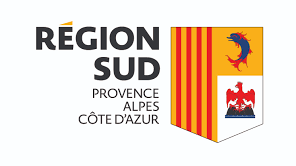ISRF Flexible Grants for Small Groups
The Independent Social Research Foundation wishes to support independent-minded researchers to explore and present original research ideas which take new approaches, and suggest new solutions, to real world social problems. Such work would be unlikely to be funded by existing funding bodies.
